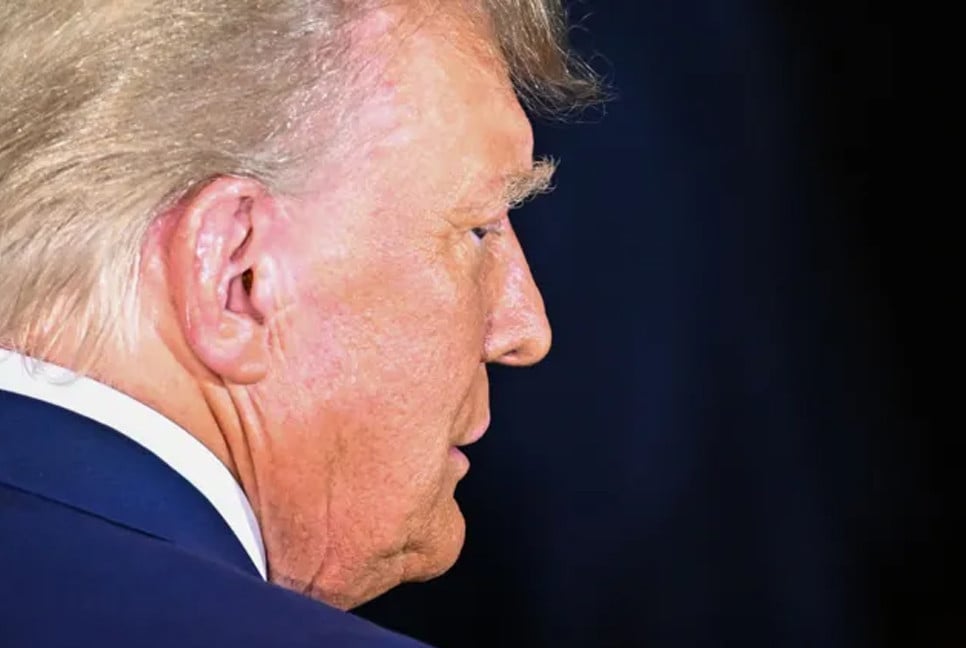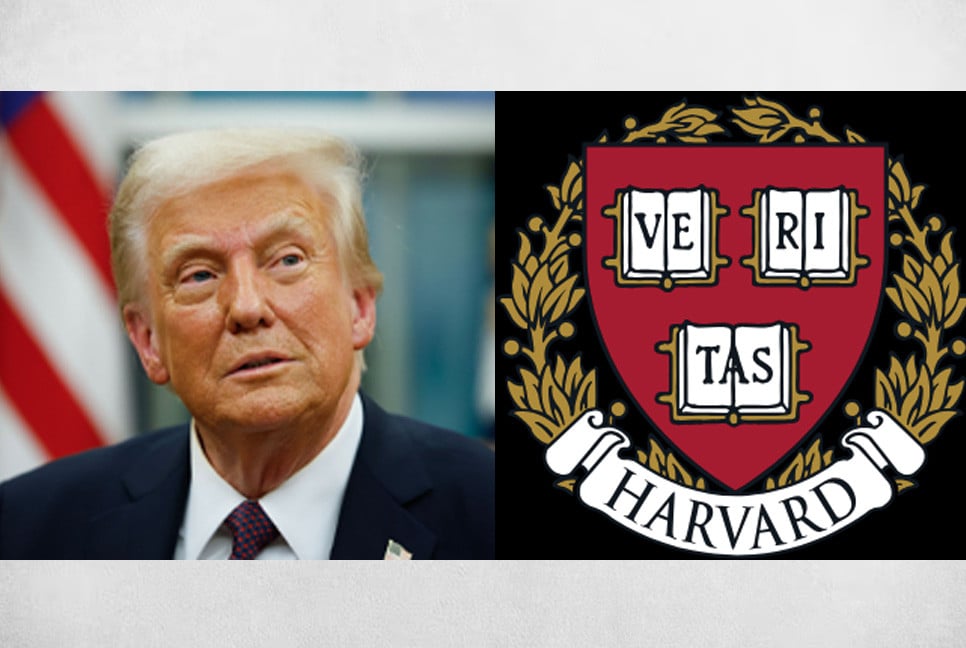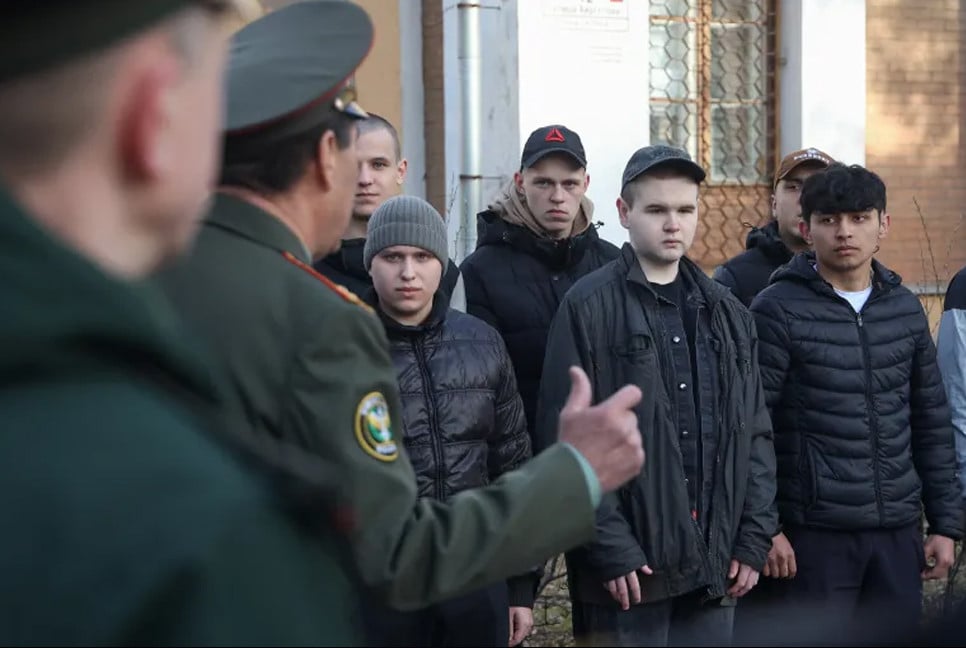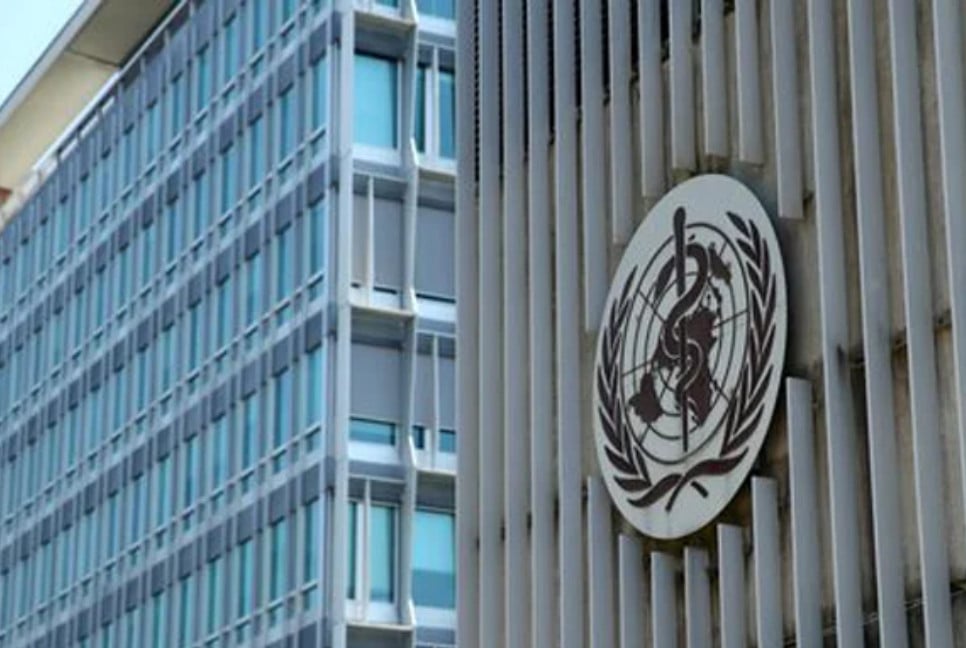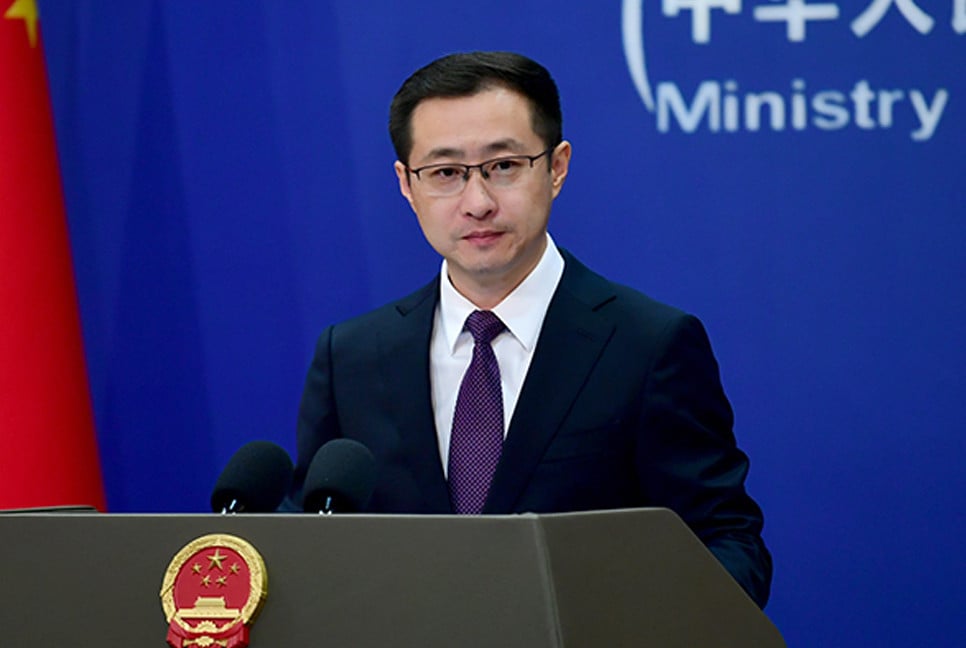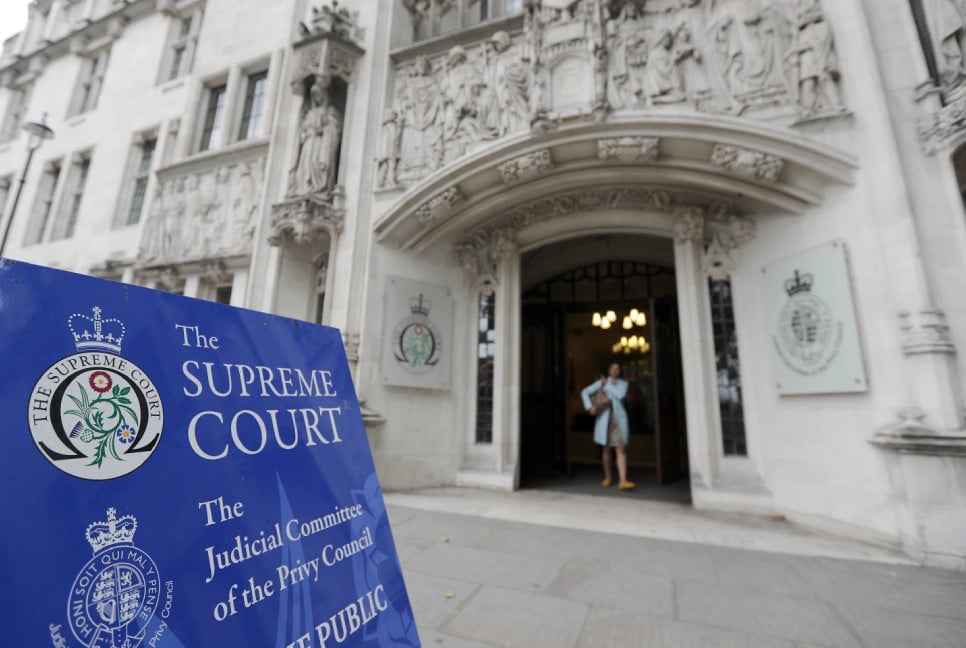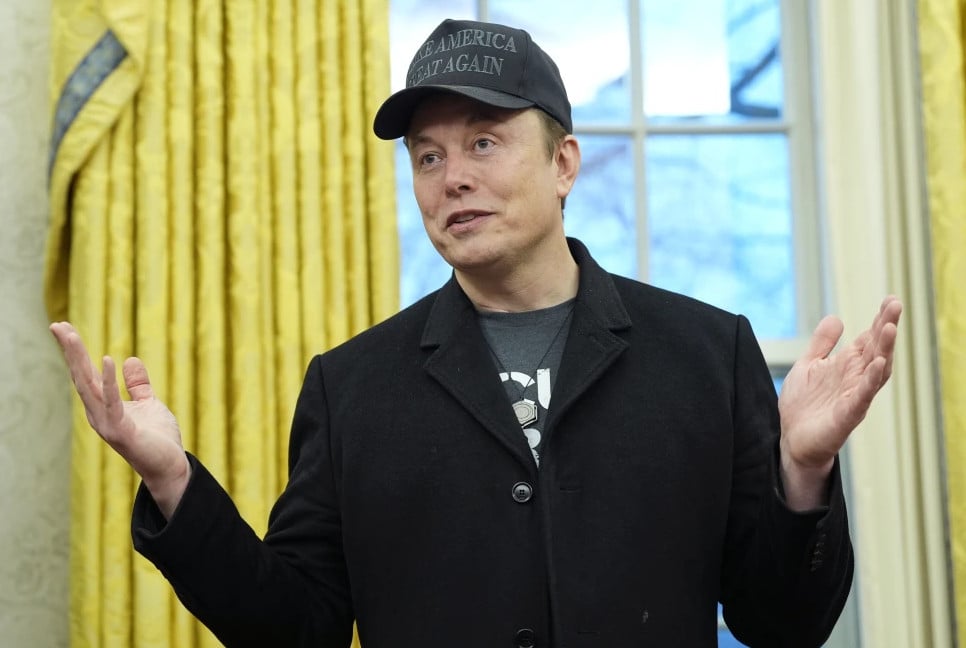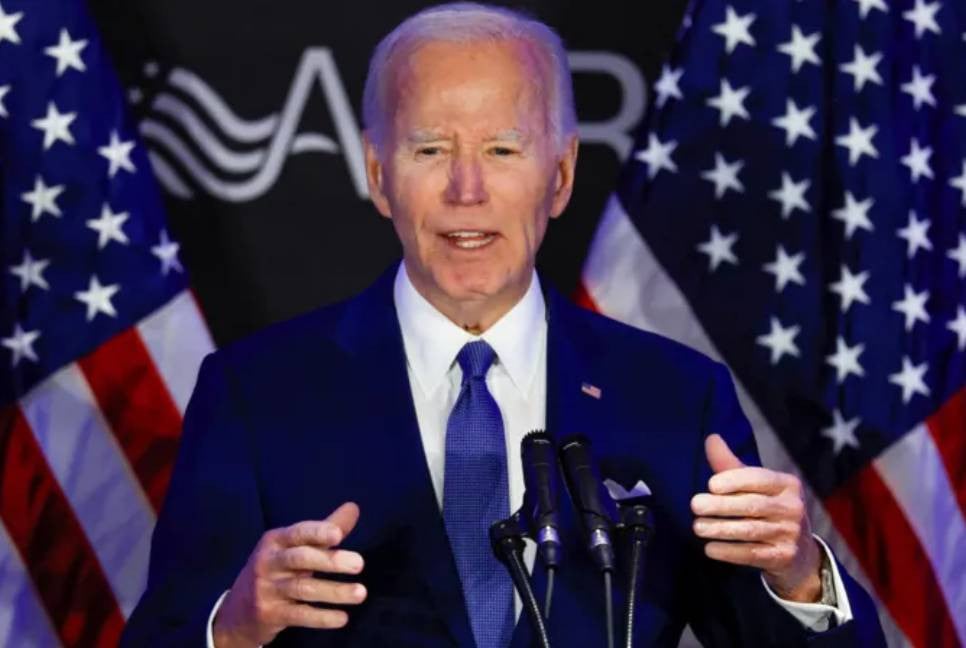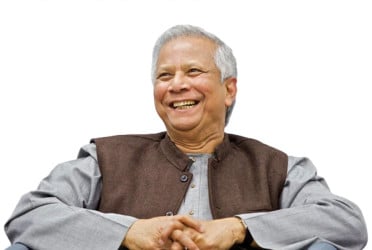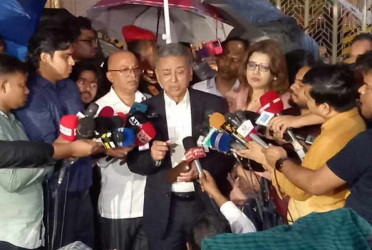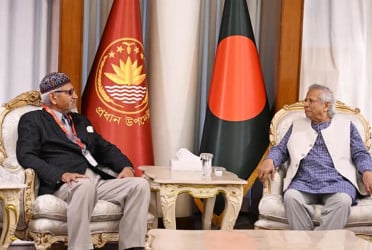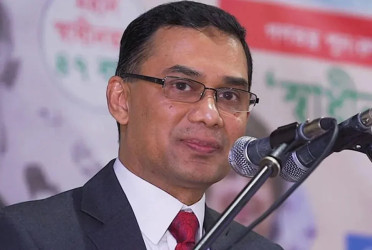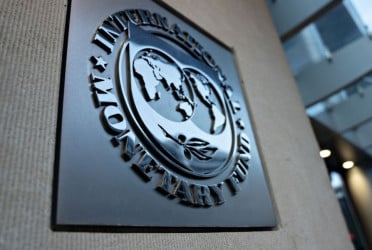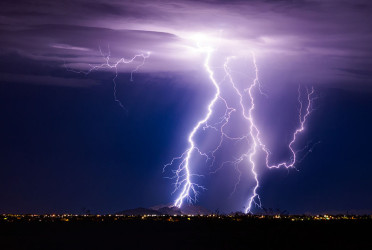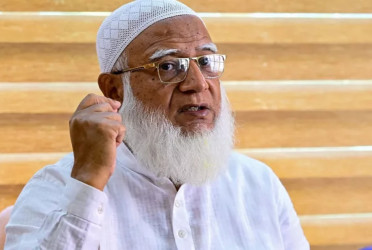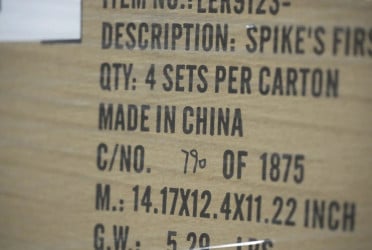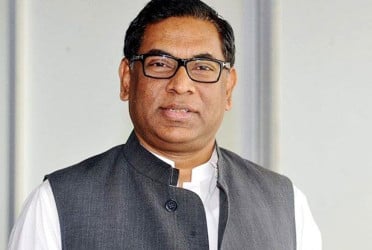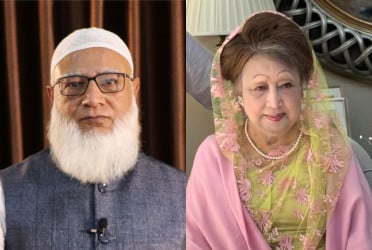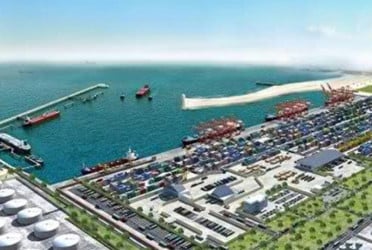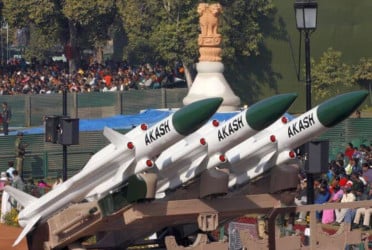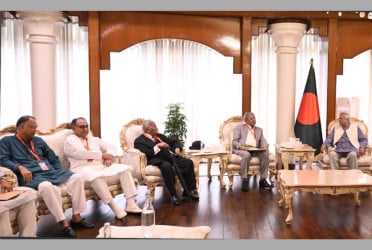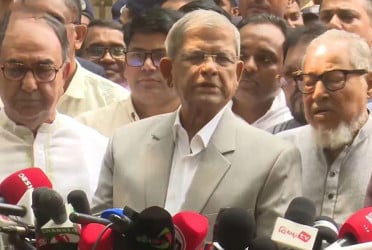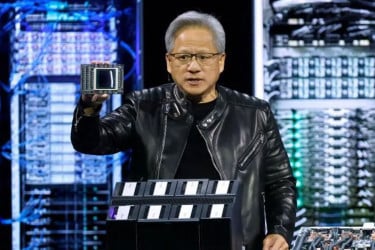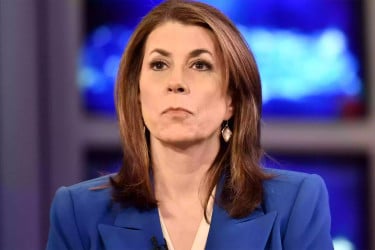Donald Trump has quickly begun laying the groundwork for his second term in the White House following his victory in the U.S. presidential election.
He has made his priorities clear from the outset, surprising many in Washington and across the globe with his early moves.
Here are the key takeaways from his tumultuous first week as president-elect.
1) Trump is assembling a loyal team to overhaul the government
Trump wasted no time in assembling his top team, quickly nominating cabinet picks for Senate approval and appointing senior White House advisers and other key aides.
However, the full picture reveals a more ambitious agenda. His selections signal a clear intention to radically overhaul the government, favoring loyalists over conventional or seasoned candidates. These picks reflect his vision for a second term aimed at upending the Washington status quo.
For instance, his choice for defense secretary has advocated for purging military leaders who support "woke" policies. His nominee for health secretary, Robert F. Kennedy Jr., has expressed a desire to "clear out corruption" at U.S. health agencies and even suggested cutting "entire departments" at the Food and Drug Administration (FDA).
Additionally, Trump has promised the creation of a "Department of Government Efficiency," led by advisers Elon Musk and Vivek Ramaswamy, with a focus on slashing regulations and pursuing historic cost-cutting measures.
Overall, Trump’s proposed team is marked by loyalty and a shared commitment to overhauling their respective departments.
2) Trump will have a supportive Congress backing his agenda
Republicans have secured control of both the House and the Senate, giving the party a narrow majority in each chamber for at least the next two years, until the midterm elections.
This shift is a significant boost to Trump’s agenda, enabling him to more easily pass legislation and giving his policy priorities a clearer path to becoming law. With the Democratic Party less able to block or resist his proposals, Trump will also be in a better position to avoid the kind of congressional investigations that plagued the second half of his first term.
Republican control of Congress will likely be crucial in advancing some of Trump’s major pledges, including mass deportations, sweeping tariffs on foreign imports, and rolling back environmental protections.
3) Senate Republicans may not always be fully aligned with Trump’s agenda
Trump’s influence was tested earlier this week when Senate Republicans selected their new leader. While the president-elect did not directly intervene in the race, his most vocal allies, along with supportive 'MAGA' media outlets, mounted a concerted effort to have hard-line Trump loyalist Rick Scott elected.
However, Scott was defeated in the first round, and Republicans ultimately chose a more conventional pick, John Thune, who has had a more complicated relationship with Trump.
It's important to note that the vote was a secret ballot, meaning it was not a public rejection of Trump’s influence.
More significant tests of Trump’s power on Capitol Hill are expected, particularly during confirmation hearings for some of his more controversial cabinet nominees. Some Senate Republicans have already signaled their opposition to Trump's unexpected choice of Matt Gaetz to lead the Department of Justice.
4) Trump’s criminal conviction could be overturned soon
While much of the attention has been on the president-elect’s nominations and appointments, Trump's legal troubles have also taken a turn following his victory.
In New York, his criminal fraud conviction related to the hush-money case remains in place—at least for now. However, that could change soon. Earlier this week, a judge delayed the decision on whether to overturn Trump's conviction, following a Supreme Court ruling this past summer that expanded presidential immunity.
A ruling is now expected next week. While it’s unclear whether the conviction will be dismissed, Trump’s scheduled sentencing on November 26 is likely to be postponed regardless.
5) China is now a central focus for Trump’s agenda
Trump’s approach to foreign policy is poised for a significant shift, particularly in relation to China. It’s clear that he views the world very differently from President Biden and is ready to alter U.S. strategy on the global stage in the coming years.
A prominent theme emerging from his early selections for key positions is the presence of strong "China hawks"—individuals who see Beijing as a major threat to U.S. economic and military dominance and who are eager to take a more aggressive approach in confronting this challenge.
This sentiment runs throughout his proposed team. Marco Rubio, nominated for Secretary of State, has referred to China as “the most advanced adversary America has ever faced.” Mike Waltz, tapped as national security adviser, has characterized U.S.-China relations as a “cold war.” Other nominees, including Elise Stefanik, his proposed ambassador to the UN, have directly accused China of meddling in U.S. elections.
Relations with China were already tense during Trump’s first term, and they remained cool under Biden. With tariffs, export controls, and increasingly pointed rhetoric, the president-elect appears ready to take an even tougher stance in his second term.
(Source: BBC News)
BD-Pratidin/Mazdud

